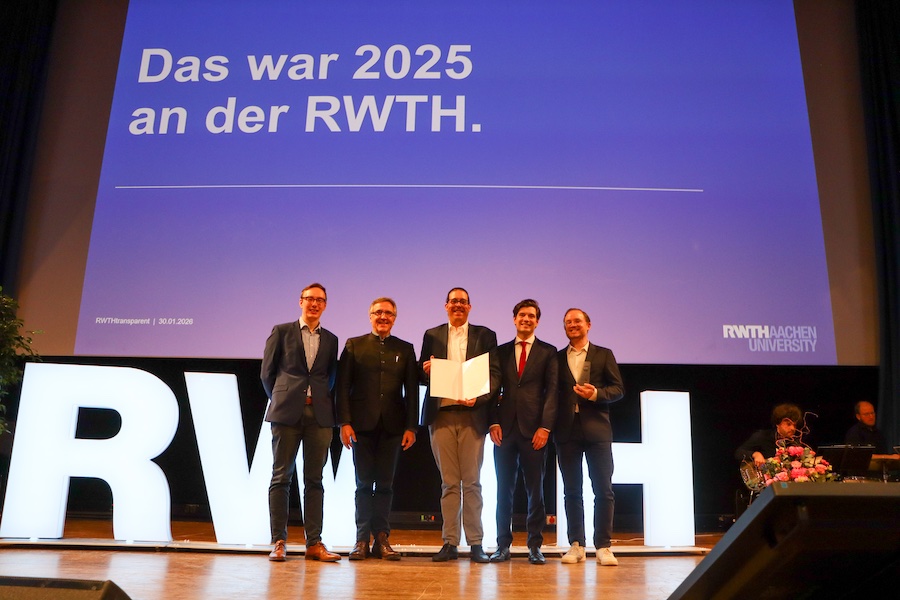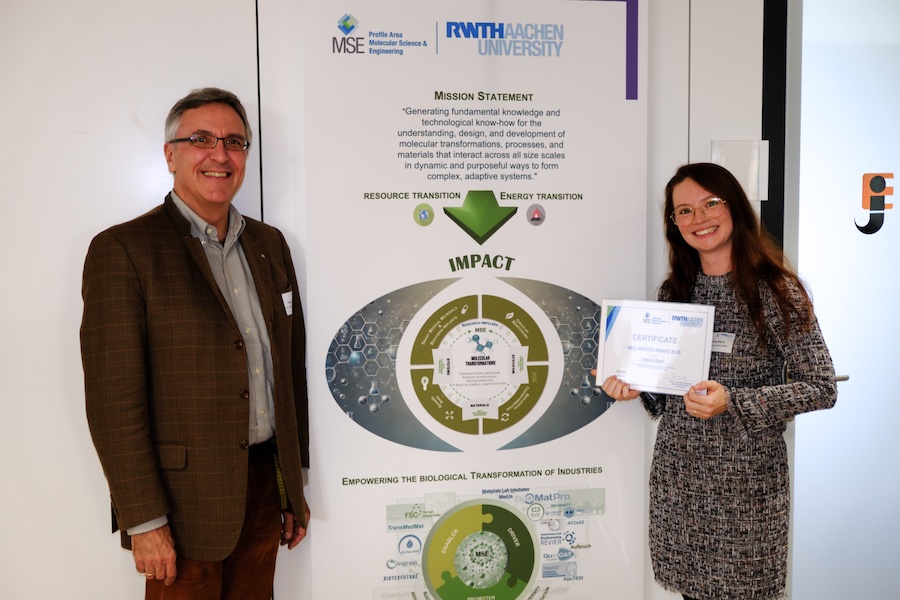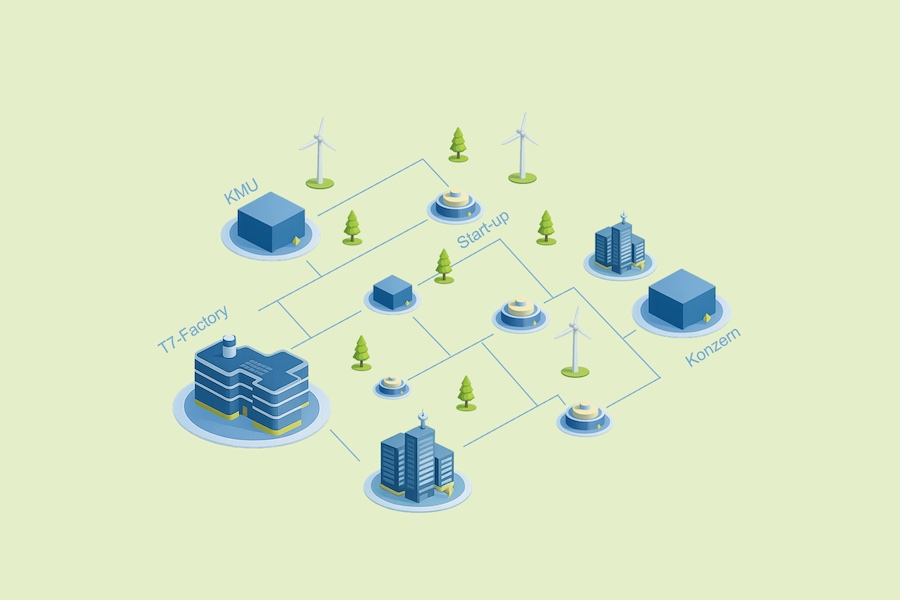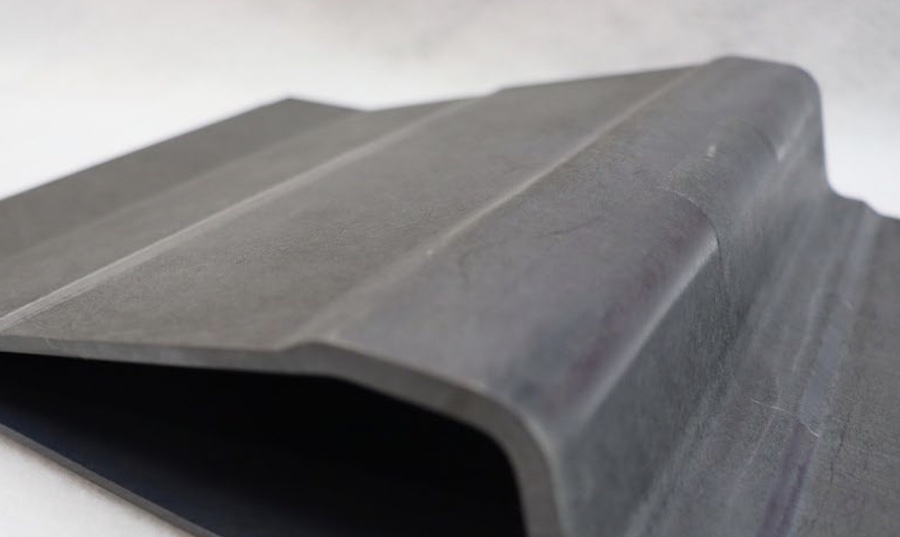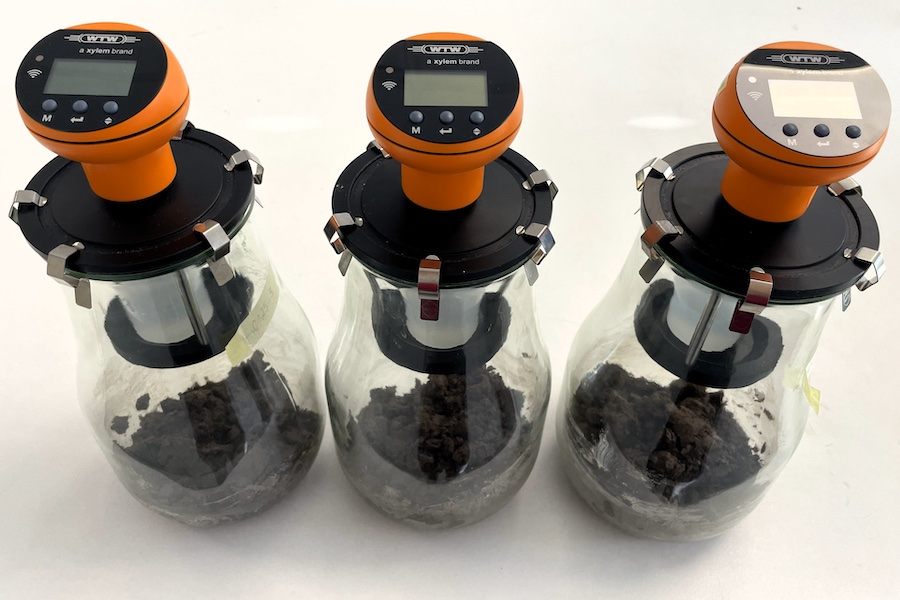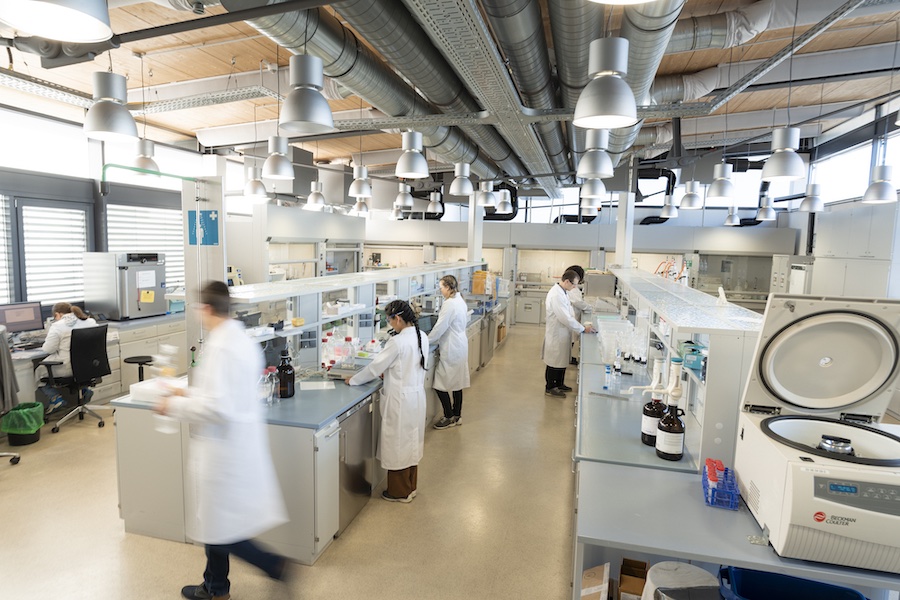#Research & Development
Hochschule Niederrhein simulates the textile industry of the future
Mona Neubaur, Minister for Economic Affairs and Deputy Minister-President: "Textile Factory 7.0 is a real turning point for the Rhineland region – and a strong signal for future-proof jobs, sustainable production and regional innovation. Here, business, science and local authorities are working together to show how transformation can be achieved in practice: with high-tech, circular economy and educational opportunities that keep young people in the region. This is structural change you can touch – innovative, climate-friendly and, above all, achieved together."
The HSNR is receiving a total of €25 million in funding from the Ministry of Economic Affairs, Industry, Climate Protection and Energy of the State of North Rhine-Westphalia and the Federal Ministry for Economic Affairs and Energy. The HSNR received advisory support during the application phase from the Zukunftsagentur Rheinisches Revier (Rhenish Mining Area Future Agency).
The textile and clothing industry is facing a comprehensive transformation: production and business processes are becoming digital, robotics must be introduced, and the restructuring of the textile industry into a sustainable circular economy is essential. Supply chain resilience, skills shortages and a secure energy supply are further major challenges. ‘In Textile Factory 7.0, leading players from research, industry and local authorities have joined forces to initially establish a technology centre where precisely these challenges can be addressed for and together with companies and, hopefully, brought closer to a solution,’ says Prof. Dr.-Ing. habil. Maike Rabe, Professor of Textile Finishing and Ecology, Head of the Textile and Clothing Research Institute at the Niederrhein University of Applied Sciences and also project manager.
In addition to the HSNR, RWTH Aachen University with the ITA (Institute for Textile Technology), WFMG – Wirtschaftsförderung Mönchengladbach GmbH, the Association of the Rhenish Textile and Clothing Industry, the Textile Academy NRW and the Association of the North-West German Textile and Clothing Industry are also involved in the large-scale project and will be represented in person at the certificate presentation ceremony.
The mayor of Mönchengladbach, Felix Heinrichs, will also be present. A technology centre has just been approved: ‘On 1 October, work will begin on setting up the technology centre in the Monforts Quarter in Mönchengladbach, where representative machines and equipment for the development of on-demand production, microfactories, smart textiles and biological and textile laboratories for the extraction of sustainable raw materials will be available for joint transfer work by practitioners and scientists,’ says Maike Rabe.
However, the overall Textile Factory 7.0 (T7) project goes beyond the technology centre, as application-oriented research and development is intended to stimulate the transformation process in the textile industry in such a way that industrial production in the Rhineland region is established in a zero-emission park (T7 Park). In addition, the aim is to strengthen existing companies. ‘In this way, we as a university will make a central contribution to structural change in the region, so that the textile industry will continue to be a significant location factor and magnet of international importance in the future,’ emphasise University President Dr Thomas Grünwald and Vice President for Research and Innovation Prof. Dr Kathleen Diener.
Mayor Felix Heinrichs emphasises: ‘Textile Factory 7.0 is one of the most important structural change projects for the entire region. Now it's finally happening! In cooperation with universities, industry and the city, we are creating sustainable employment in Mönchengladbach in such an impressive environment as the Monforts Quarter.’
Another special feature of the project is that it is intended to continue on an economic basis without further government funding. The project partners mentioned above have already founded a joint company, T7 Management GmbH, to take over the project structures and content after the funding period. The project is thus intended to be sustainable in every respect. ‘To be clear: this is a joint project between industry and science with the aim of technological transformation,’ says Maike Rabe. Textile and clothing companies can use the know-how and technology for their own benefit, while at the same time providing impetus to the factory. ‘In this way, we bring together expert knowledge from science and practice.’
For Textile Factory 7.0, the Department of Textile and Clothing Technology is working across disciplines with experts from across the university, for example when it comes to expertise in energy management, mechanical engineering, robotics or biotechnology, according to Maike Rabe. ‘Our students will also benefit from exciting research projects and maker spaces where they can implement their own ideas.’




